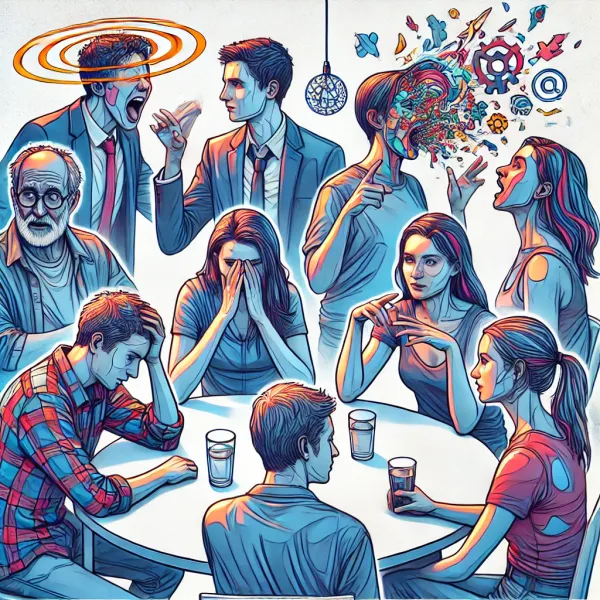Mental Health and Learning Disabilities: Why It Takes a Village to Make a Difference
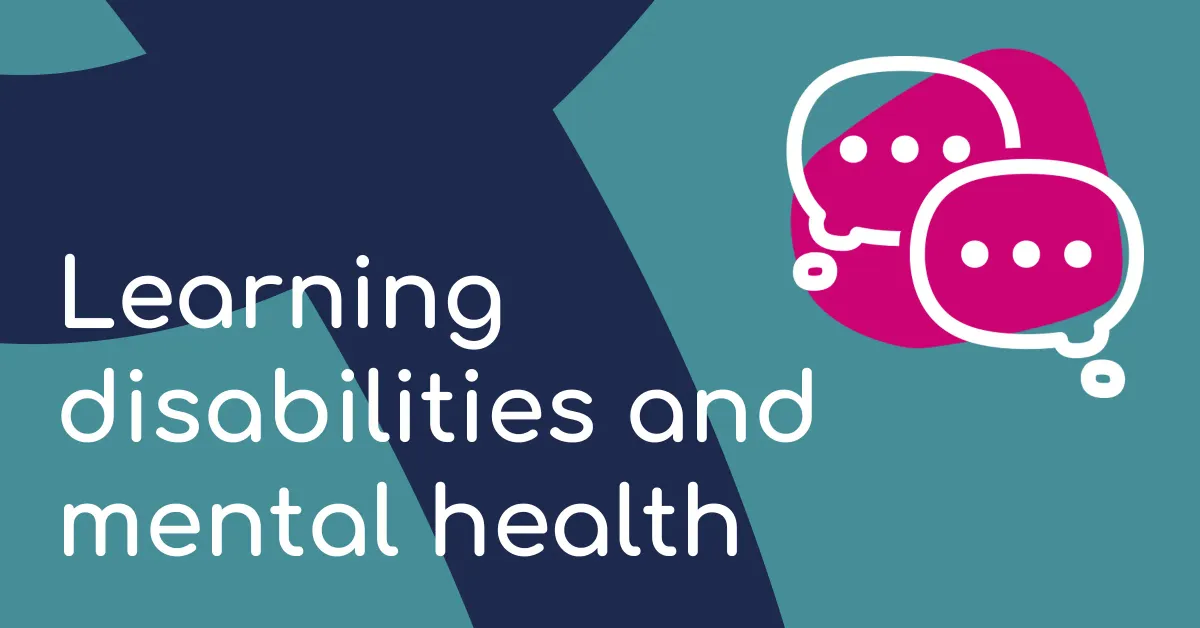
Introduction
When it comes to mental health, there is one thing most of all agree with: it is very important. But for individuals with learning disabilities (LD), managing mental health is a complex challenge- one that often requires the collective efforts of families, healthcare professionals, educators, and society as a whole.
As someone who works in healthcare, I have experienced how small acts of kindness and understanding can make a big difference. I have also learned that humor, empathy, and patience are some of the best tools we have to help manage mental health. This article explores why mental health support for individuals with LD matters, the unique challenge they face, and how everyone can play a role in creating a more inclusive and supportive environment.
The Overlooked Link: Mental Health and Learning Disabilities

Individuals with learning disabilities often face unique mental health challenges that are rooted to their unique characteristics or are closely inter-connected. These challenges arise not only from the learning disability itself but also from societal attitudes and a lack of understanding at different levels. Some challenges include;
- Higher Risk of Mental Health Issues: Studies show that people with learning disabilities are two to three times more likely to experience mental health problems such as anxiety and depression (Emerson and Hatton, 2014). This can be exacerbated by a general misunderstanding of their challenges and inappropriate management of those.
- Social Isolation: Difficulty with communication or social skills can lead to feelings of loneliness and exclusion. People focus more on the disability rather than the person and it feels weird. Imagine you have a pimple on your face and people refer to you as the "person with a pimple" rather than by your name. It is enough to feel mentally bullied and tend to isolate to escape that reality.
- Low Self-Esteem: Struggling to meet societal expectation or being misunderstood can significantly impact self-worth (Hastings et al., 2013). This is particularly important in a society where social media is so present and depicts the portrait of what a "normal human being" is supposed to look like.
Breaking the Stigma
In many communities, particularly in African cultures, discussions about mental health are still taboo. Adding a LD to the mix can make it even harder to address these issues openly. It is a mixture of ignorance and stereotypes that creates a stigma and tend to isolate individuals with LD.
Humor Break: In some African cultures mental health can be managed like; "You are feeling down? Just eat some fufu with Egussi (melon seeds) soup and drink some palm wine; it will be fine, don't bother us!"
While traditional remedies have their place, they are not substitute for proper mental health care. It is crucial to recognize that mental health challenges are not signs of weakness. For individuals with LD, they are often the result of navigating a world that is not designed with their needs.
My Experience in Healthcare
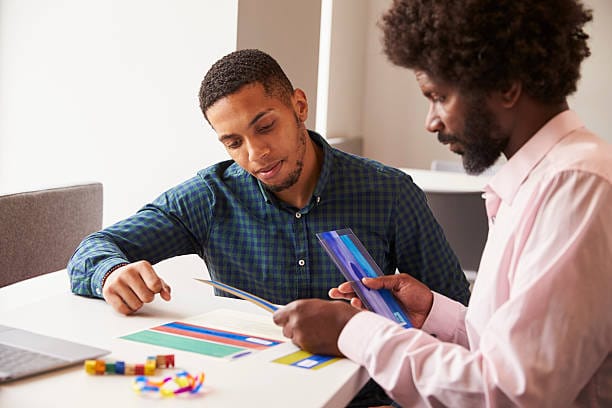
My first step as a healthcare professional was a big change in my life. As many people, I was ignorant about the notion of LD and was almost putting every one in the same "basket". My natural empathy to take care of others was nonetheless strong enough to be attracted towards taking care of vulnerable individuals. When I worked with this client having lots of challenges and was going through mental health struggles and grief but still had a lot of things to offer, I saw myself through him and I understood my role as a healthcare professional, friend and humain being. He had the same desires as me, we could have long conversations about everything, he had his good and bad days like me, he was still passionate and afraid about life just like me but he was living in a world where he was limited in a certain way. That made me to realise how we all are the same at the end and we all need to be taken care of. Our mental health is very important and I decided to spend my life trying to help everyone struggling with that, whatever their particularity because disability is not inability.
One of the most valuable lessons I have learned is that small gestures- whether it is active listening, simplifying communication, or celebrating small victories-can have a profound impact.
How Everyone Can Help
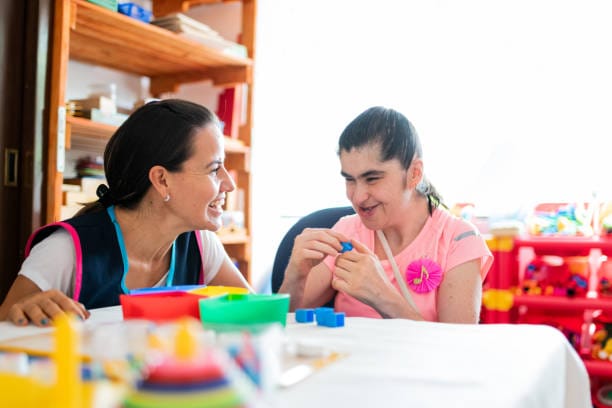
Mental health management for individuals with LD requires a team efforts. Here's how different groups can contribute:
- Families: It is the base of each society and the beginning of mental health management. They can support in the following ways;
- Be patients and empathic. Individuals with learning disabilities may take longer to express their feelings or understand complex situations.
- Encourage open communication. Creating a safe space for discussions about mental health can help reduce feeling of shame.
- Fun tip: Celebrate small wins. Whether it is completing a task or trying something new, every achieving matters. for example, just chosing an appropriate outfit for the day is enough to make someone smile and feel valued.
- Educators
- Incorporate mental Health education into the curriculum, tailored to different abilities. Every one is different, hence they learn in a different way.
- Use positive reinforcement. A kind word or acknowledgement can go a long way in boosting self-esteem. For example; You are really doing good, I am proud of you.
- Partner with parents and healthcare providers to ensure a holistic approach to support. Effective communication is crucial to ensure a smooth follow up.
- Healthcare Providers
- Adapt care to individual needs. For instance, use visuals or simplified language to explain diagnoses or treatment plans. Non verbal communication can help with individuals having difficulties to communicate verbally.
- Be proactive. Mental health screening should be a standard part of care for individuals with learning disabilities. There is always something that can be done to make things better.
- Collaborate with multidisciplinary teams to provide comprehensive support.
- Society at Large
- Promote inclusivity. Ensure public spaces, programs, and workplaces are accessible to individuals with learning disabilities.
- Challenges stereotypes. Educate others about learning disabilities and advocate for mental health awareness.
- Humor Break: Next time someone says "They just need to try harder," politely reminds them that life is not a math exam -you cannot solve everything with algebra and trigonometry.
Practical Tips for Supporting Mental Health in LD Individuals
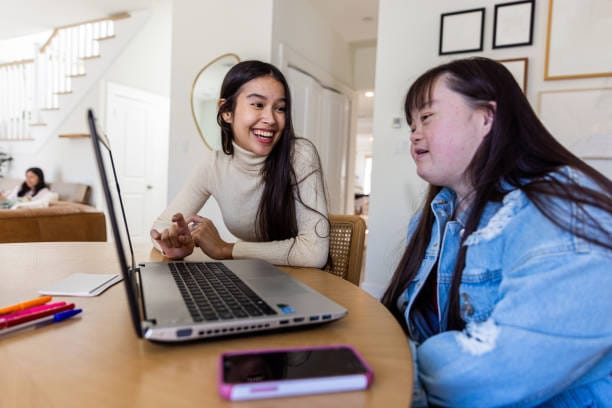
Here are some practical strategies to consider:
- Focus on Strengths
- Everyone has something they are good at. Highlighted strengths rather than weaknesses can boost confidence and motivation. It must not necessarily be something extravagant like fire eater.
- Use clear, concise languages and visuals aids when explaining tasks or concepts. We know you are smart but please Einstein, drop the theories and calculations, be simple.
- Encourage Physical Activity
Exercises is not just good for the body; it is great for the mind too. Activities like dancing, gardening, or walking can reduce anxiety and improve can reduce anxiety and improve mood (Rosenbaum et al., 2020).
- Create Routine
- Predictability can reduce anxiety. Consistent routines help individuals with learning disabilities feel secure.
- Seek Professional Help
- Do not hesitate to consult a psychologist, counselor, or occupational therapist if needed. Therapy tailored to the individuals's needs can work wonders.
Conclusion
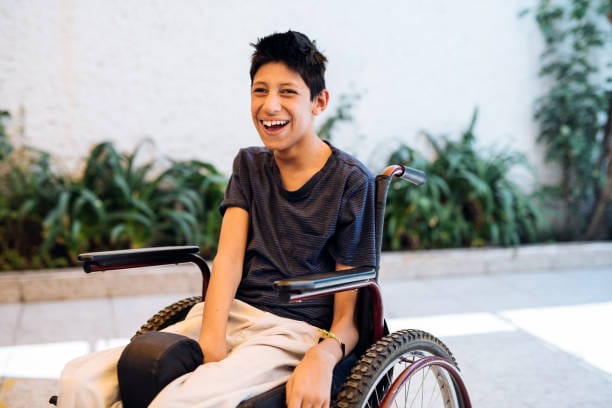
Mental health management for individuals with learning disabilities is not a one person job-it is a team sport. Families, educators, healthcare providers, and society all have a role to play. By fostering empathy, breaking down barriers, and providing tailored support, we can ensure that everyone has the opportunity to thrive.
And remember: Whether you are a healthcare worker, a teacher, or just a caring friend, your efforts make a difference. Let's build a world where individuals with learning disabilities are celebrated not stigmatized. Lets break stereotypes and keep in mind that not everything can be handled with "Fufu and palm wine" but with effective communication, open mind and a lot more.
As someone once said, "It takes a village to raise a child." But when that child has a learning disability, it takes a village-and a little extra patience, humor, and love.
Reference
- Emerson, E., & Hatton, C. (2014). "Mental health of children and adolescence with intellectual disabilities disabilities in Britain." The British Journal of Psychiatry.
- Hastings, R. P., st al. (2013). "The impact of mental health on family caregivers of children with intellectual disabilities." Clinical Child and Family Psychology Review.
- Rosenbaum, S., et al. (2020). "Physical activity interventions for people with intellectual disabilities: A systematic review. " International Journal of Behavioral Nutrition and Physical Activity.




